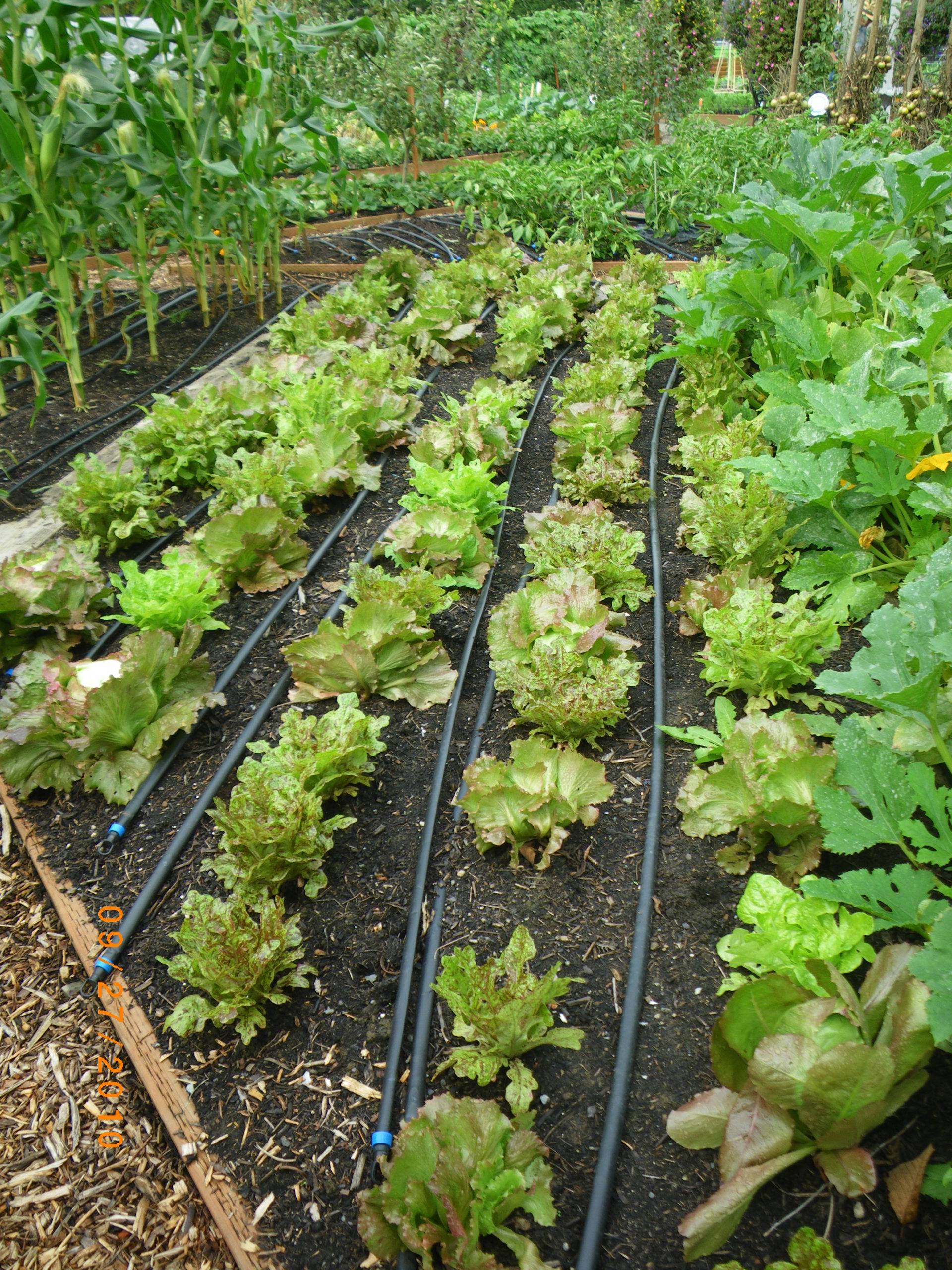
There are many benefits to composting in your garden. First, it's easier than you may think. It is possible to start it today. All you need is a large bowl and organic materials such as banana peels, egg shells, and coffee grounds. Put all the ingredients in a bowl. Let them rest for at least 24 hours. Next, mix the finished compost with your garden soil. Next, add as much organic matter as necessary.
Food and paper can be composted if they don't contain oil. Place the scraps in a 12 inch deep spot in your yard. The food and paper products will eventually be reduced into nutrients for your plants. Garden composting is a great way for soil to become richer and healthier.

Once you have made a compost pile you can start to mix it in your soil. This will allow compost to absorb nitrogen. To make a complete mixture, mix your compost with organic fertilizers. The amount of fertilizer you need to feed your plants will be reduced if you mix your compost with other organic fertilizers. If you'd prefer to use organic fertilizer in your garden, it's easy to incorporate this into your existing gardening plan.
Fall is the best season to add compost to soil. It will be warmer than the warm summer months which will allow the soil to decompose before the growing seasons begin. A rainy region will have the added benefit of not having fertilizing chemicals to worry about. If you're looking for a quick fix to get your plants growing, compost will help you get there.
Another benefit of garden composting is that it can increase plant growth. The composting materials will help push the soil apart so that the water can drain more freely. You can increase the health of your plants by composting. It will also reduce the need to dispose of trash that could pose an environmental problem. Start your composting journey today by adding organic material to your garden. These methods will allow you to reap the benefits of gardening composting as well as a healthier environment.

Your soil will benefit from composting, not only because it is beneficial for your garden. Your compost pile will help form soil aggregates. This makes it easier to water your plants and absorb the nutrients. It will also introduce beneficial organisms to your soil such as worms that break down organic material. These organisms will help improve the soil's structure by breaking down organic material in your compost pile. And the more you compost, the better your plants will grow.
FAQ
Can I grow veggies indoors?
Yes, it is possible to grow vegetables in a greenhouse during winter. You will need to purchase a greenhouse or grow lights. Make sure to check with local laws before doing this.
What is the best vegetable gardening layout?
It is important to consider where you live when planning your vegetable garden. For easy harvesting, you can plant vegetables together if the area is large. You should plant your vegetables in groups if you live outside of the city. This will ensure maximum yield.
Do I have to purchase special equipment in order to grow vegetables on my own?
Not really. All you need to do is use a shovel, trowels, watering containers, and maybe even a rake.
Statistics
- Most tomatoes and peppers will take 6-8 weeks to reach transplant size so plan according to your climate! - ufseeds.com
- It will likely be ready if a seedling has between 3 and 4 true leaves. (gilmour.com)
- According to the National Gardening Association, the average family with a garden spends $70 on their crops—but they grow an estimated $600 worth of veggies! - blog.nationwide.com
- As the price of fruit and vegetables is expected to rise by 8% after Brexit, the idea of growing your own is now better than ever. (countryliving.com)
External Links
How To
How to grow basil
Basil is one the most versatile herbs that you can use in your home. It's great for flavoring dishes, adding flavor to soups, sauces, salads, pasta, and even desserts. These are some helpful tips to help you grow basil indoors.
-
You should choose carefully where to place your basil. Basil is an evergreen plant. If it's not located in the right area, it will only last one season. It can tolerate partial shade but prefers full sun. If you plan to grow it outside, make sure there is good air circulation.
-
Plant the seeds. Basil seeds should be planted at least two weeks before the last frost date. Sow seeds 1/2 inch deep in small pots filled with potting mix. Clear plastic wrap should be used to cover the pots. Germination typically takes around ten days. Once the pots are germinated, you can move them to a place where temperatures remain around 70 degrees Fahrenheit.
-
When the seedlings reach maturity, you can transplant them. Remove the plastic wrap and transplant the seedlings into larger containers. To drain excess moisture, fill each container with potting mixture. You can add more potting mix if necessary. Place the containers in indirect or sunny light. Mist the plants daily to prevent wilting.
-
After the danger of frost has passed, apply a thick layer of mulch over the top of the plants. This will protect them from cold weather and reduce water loss.
-
You should water your plants often. Basil needs regular watering to thrive. Use a rain gauge to check how much water the plants need. You can also use a timer for the irrigation system to be turned off during dry spells.
-
When your basil reaches its peak, pick it. Pick the leaves regularly to encourage bushier, healthier growth.
-
Dry the leaves on paper towels or screens. Store dried leaves in glass jars or bags in the refrigerator.